The words tea and wine appeared in Vietnamese in the 19th century, and were recorded in the Dai Nam Quoc Am Tu Vi (1895) by Huynh-Tinh Paulus Cua. However, it was not until the first half of the 20th century that the idiom "tea and wine after dinner" gradually became popular, specifically in the Vietnamese poetry and literature lectures of Ha Nhu Chi: "...The moments of tea and wine after dinner of people well-versed in Chinese studies" (Tan Viet Publishing House 1951, p.14).
Tea and wine after-dinner (茶余酒后) is of Chinese origin and refers to the leisure time after a tea and wine meal. Etymologically, this idiom first appeared in the playwright Guan Hanqing (1241-1320) of the Yuan Dynasty, a work about traditional folk entertainment originating from Xuecheng District, Zaozhuang City, Shandong Province.
In the old days, after the Lunar New Year, farmers often entertained themselves with the game of "quail fighting" in their free time (ie, during tea and wine breaks). The origin of this game dates back to the time of Emperor Xuanzong of the Tang Dynasty. Because there was a quail fight in late autumn and early winter, Dou Am Thuan was also called Dong Hung . And because each fight was called a circle (圈: round), this game was also called Am Thuan Quyen (Quail Circle) , a folk game that has been included in the list of city-level intangible cultural heritage in Tao Trang.
In Vietnam, the idiom "after drinking tea" is very popular, however there are 2 other Chinese idioms with the same meaning, but Vietnamese people rarely use them, which are:
1. Afternoon tea and food (茶余饭后) refers to the free time after eating and drinking. Here, the word (饭: rice) replaces the word "wine" (酒: wine). In general, "fan" is often used to mean "rice", for example: "bai mi phan" (white rice), but " hi phan" means porridge. In addition, "fan" also means "the main meal of the day, such as breakfast and dinner ".
2. Tea and food in the afternoon (茶馀饭饱) refers to the free time and relaxation after being full, usually after a meal (正means full). For example: "After eating and drinking enough, I have free time to chat" (Tea and food in the afternoon, leisurely chat) . This idiom also originates from Guan Hanqing's "Dou an xuan · Nu hieu uy" : "After dinner and drinking tea, I invite old friends to Qin Lou to relieve boredom" (Tea and food in the afternoon, leisurely chat, leisurely chat) .
Tea leftovers also means "using tea to sober up and digest food", such as: "After a full meal, take a walk to digest food" (Tea leftovers, take a walk to digest food) .
There are ancient texts associated with the idiom "tea and food in abundance" , including the play Peony Pavilion·Huan Nu , also known as Returning Soul Record by Tang Xianzu of the Ming Dynasty, written in 1598.
In addition, there are idioms and proverbs related to tea and food but with completely different meanings, such as "tea and food without heart" (茶饭无心), an idiom originating from Cao Xueqin's Dream of the Red Chamber, which refers to not being interested in eating and drinking, expressing a depressed mood; and "tea delivered to the hand, food delivered to the mouth " means "tea delivered to the hand, food delivered to the mouth", meaning living a happy life with servants.
Source: https://thanhnien.vn/lat-leo-chu-nghia-tra-du-tuu-hau-18524101822243389.htm



![[Photo] Prime Minister Pham Minh Chinh starts construction of vital highway through Thai Binh and Nam Dinh](https://vphoto.vietnam.vn/thumb/1200x675/vietnam/resource/IMAGE/2025/5/12/52d98584ccea4c8dbf7c7f7484433af5)

![[Photo] Buddha's Birthday 2025: Honoring the message of love, wisdom, and tolerance](https://vphoto.vietnam.vn/thumb/1200x675/vietnam/resource/IMAGE/2025/5/12/8cd2a70beb264374b41fc5d36add6c3d)


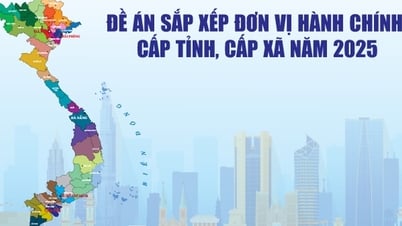
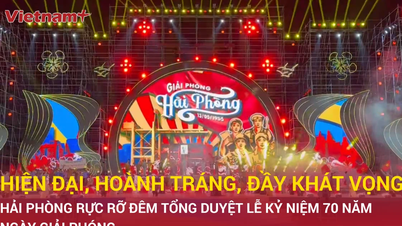
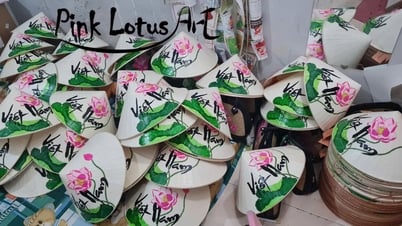
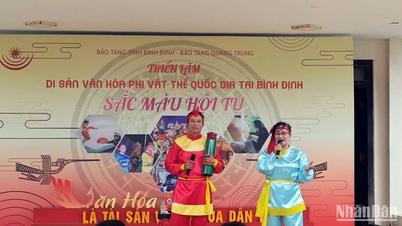
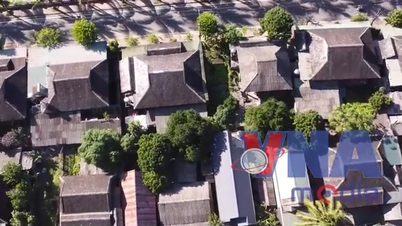
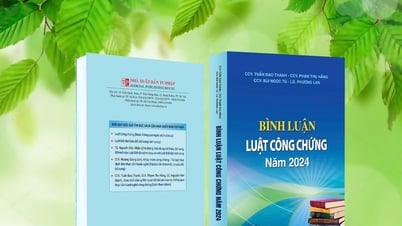




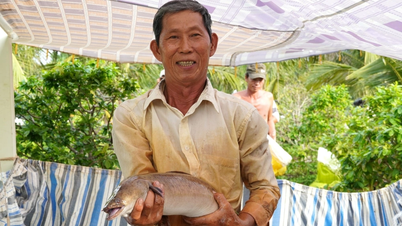


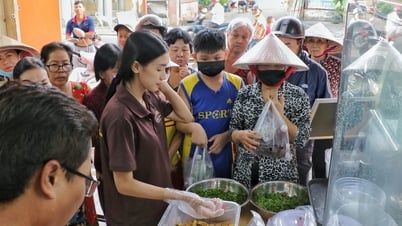

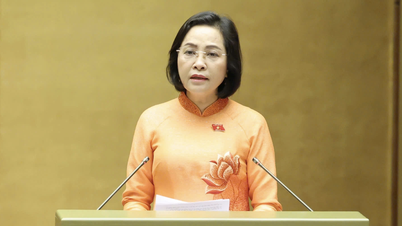
![[Photo] General Secretary To Lam meets and expresses gratitude to Vietnam's Belarusian friends](https://vphoto.vietnam.vn/thumb/1200x675/vietnam/resource/IMAGE/2025/5/11/c515ee2054c54a87aa8a7cb520f2fa6e)


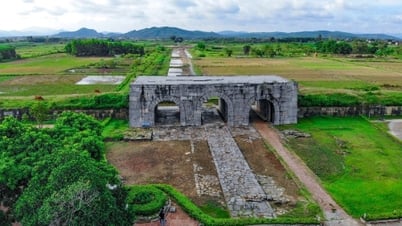








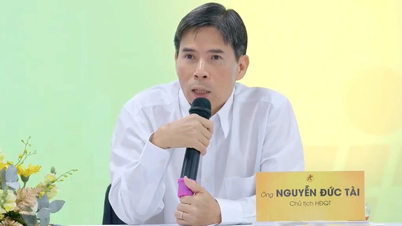





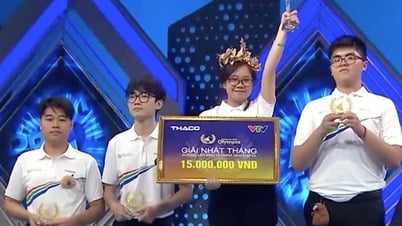



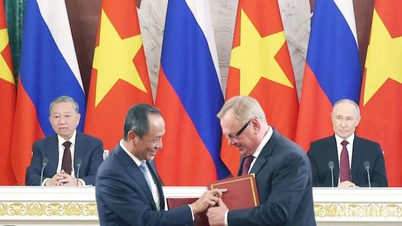

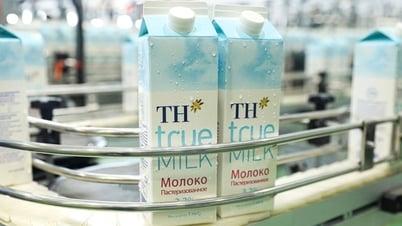

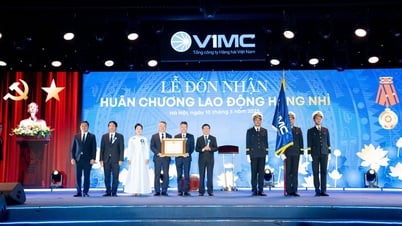
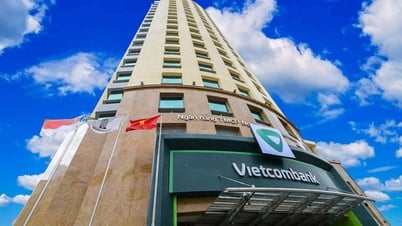

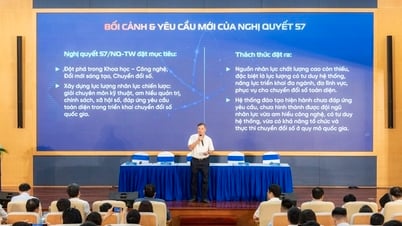




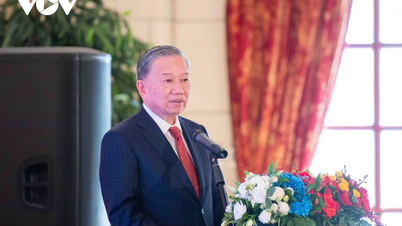

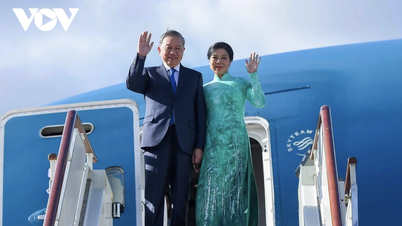
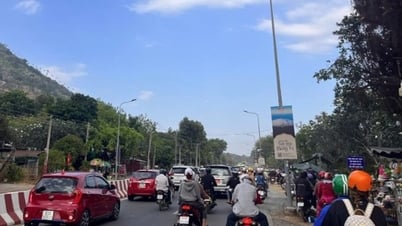

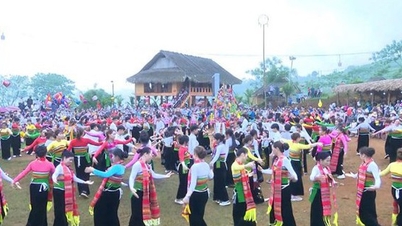
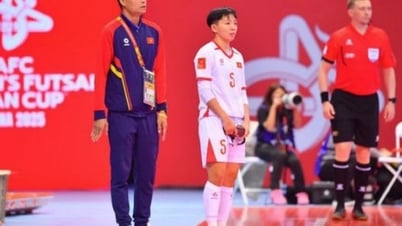
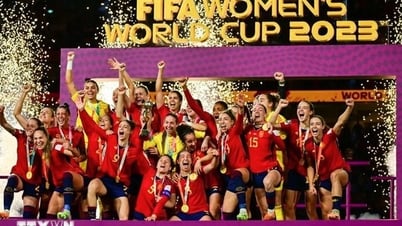
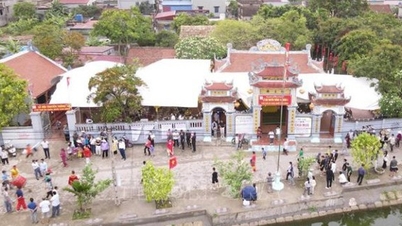
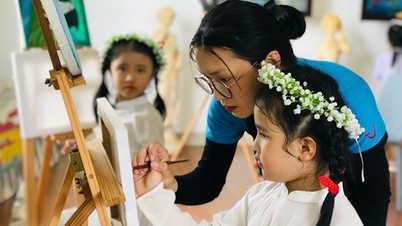
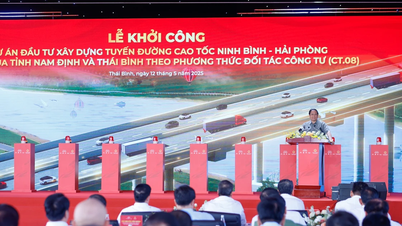

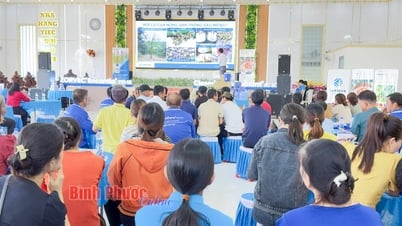

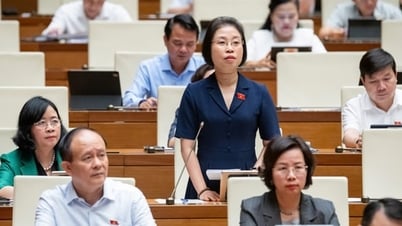

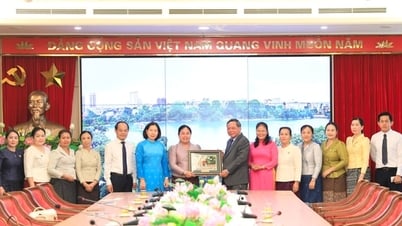
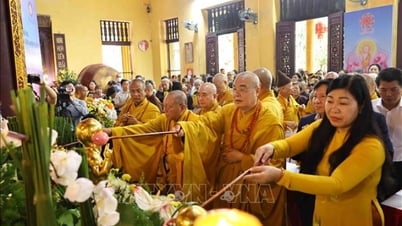

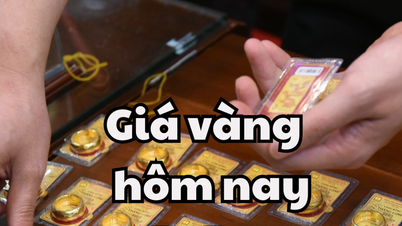











Comment (0)